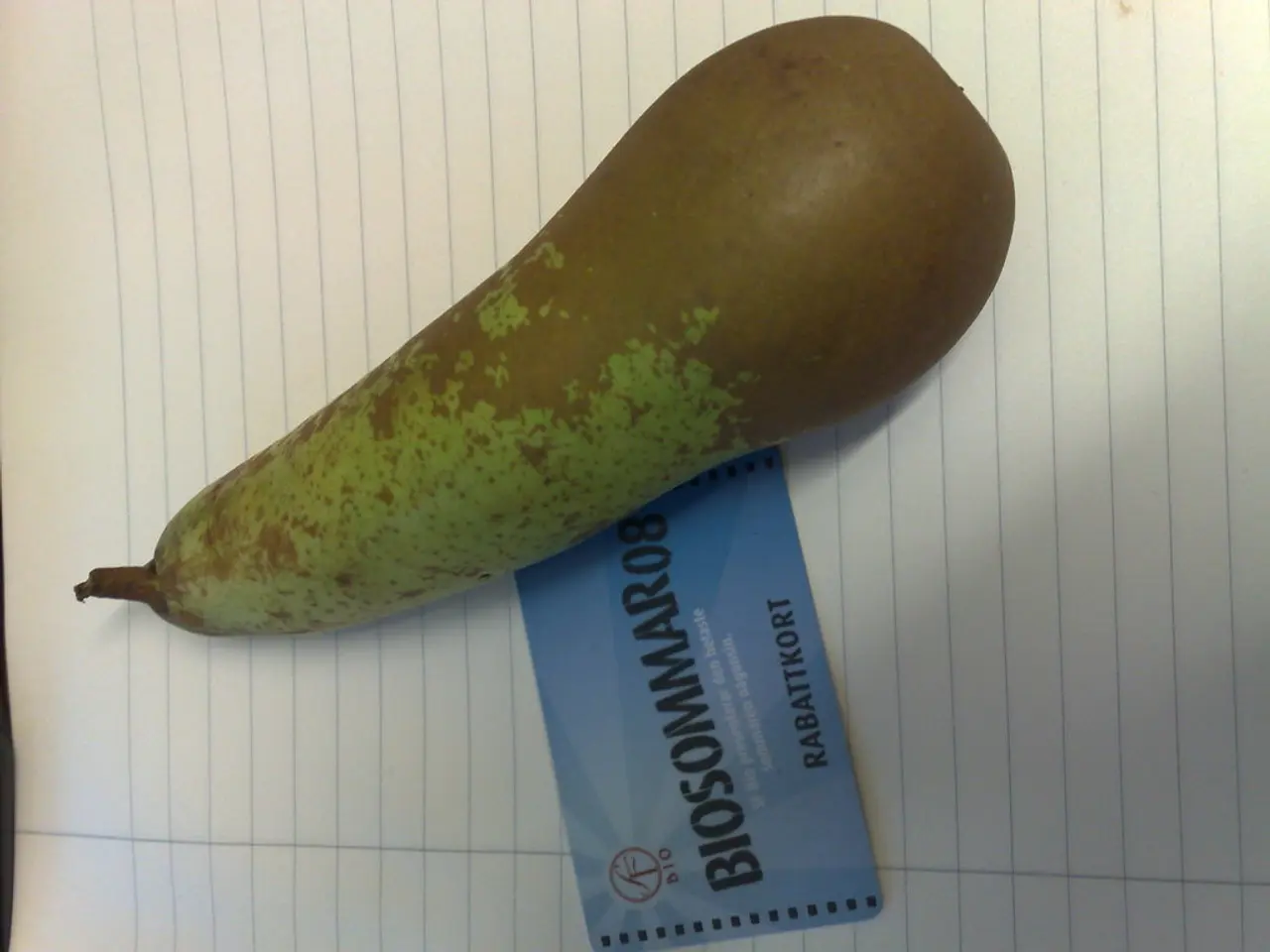Alcohol's Link with Gout and Further Info
Gout, a type of inflammatory arthritis, is often characterised by painful joint inflammation, typically affecting one joint at a time. The condition is caused by an excess of uric acid in the bloodstream, which forms crystals in the joints.
A recent review in 2021 has shed light on the correlation between gout and alcoholic beverages, particularly beer and spirits. The findings suggest that these beverages can worsen gout symptoms and even increase the risk of gout flare-ups.
Beer, in particular, poses a significant risk due to its high purine content. This direct contribution to elevated uric acid levels, a key trigger for gout attacks, makes beer a primary concern for those managing the condition or looking to prevent its development.
While ethanol itself increases uric acid by stimulating its production in the liver and causing lactic acid buildup that impairs urate excretion by the kidneys, beer has a more pronounced effect. This is due to both its purine content and the metabolic impact of alcohol on uric acid levels.
Spirits and wine also contribute to increased uric acid levels, but their impact is generally less than that of beer. Nevertheless, it is still advisable for those with gout or at risk of developing it to limit their consumption of these beverages as well.
All alcohol consumption promotes dehydration and decreases urate excretion, raising the likelihood of gout attacks. Therefore, for effective gout management, it is recommended to avoid or limit alcohol, particularly beer, and moderate or reduce intake of all types of alcohol.
It's important to note that regular alcohol use can cause existing gout to worsen into a flare. Eliminating alcohol from the diet can help prevent gout flare-ups in people with gout.
In addition to alcohol, diet and lifestyle choices play a crucial role in gout prevention. Avoiding high-purine foods, maintaining a healthy body weight, and limiting alcohol use can reduce a person's chance of developing gout.
When gout crystals accumulate in a person's joints, they may experience pain, stiffness, inflammation, redness or discoloration, and heat. The most common location for gout crystals to form is the big toe joint.
While there is no cure for gout, strategies such as eating a healthy diet, exercising, maintaining a healthy body weight, and choosing low-impact, joint-friendly exercises can help manage the disease. Consuming water while drinking alcohol can also help reduce the severity of a gout flare.
For those with gout or at risk of developing it, the 2021 review recommends limiting alcohol consumption to prevent gout episodes or flares. By making informed choices about their alcohol intake, individuals can take a proactive step towards managing their gout risk.
[1] The 2021 review: "Alcohol and Gout: A Systematic Review and Meta-analysis" by X. Zhang et al., published in the Journal of Rheumatology. [2] "Alcohol and Uric Acid: An Overview" by S. A. Khan, published in the Journal of Clinical Gastroenterology. [3] "Purines, Uric Acid, and Gout" by R. S. Goldstein, published in the New England Journal of Medicine. [4] "Gout: Causes, Symptoms, and Treatments" by the Mayo Clinic. [5] "Gout: Diagnosis and Management" by the National Institute of Arthritis and Musculoskeletal and Skin Diseases.
- The 2021 review titled "Alcohol and Gout: A Systematic Review and Meta-analysis" from the Journal of Rheumatology highlights the link between gout and alcoholic beverages, with an emphasis on beer and spirits.
- In the review, it is revealed that alcoholic beverages, such as beer and spirits, can exacerbate gout symptoms and even increase the risk of gout flare-ups by raising uric acid levels.
- Research shows that beer, due to its high purine content, poses a significant risk in triggering gout attacks by contributing to elevated uric acid levels.
- To manage their gout conditions effectively, it is advisable for individuals to limit their alcohol consumption, especially beer, and moderate or reduce intake of all types of alcohol as per the 2021 review recommendations.




